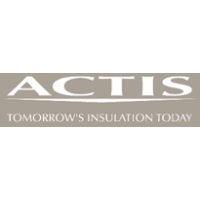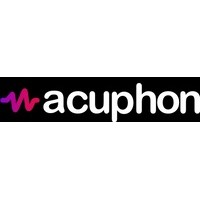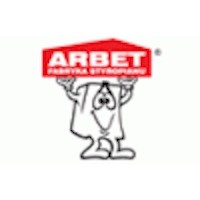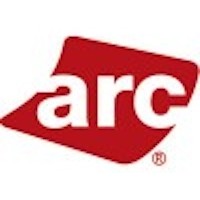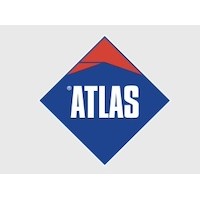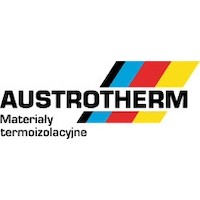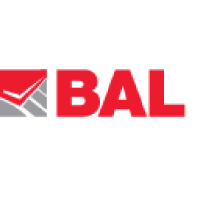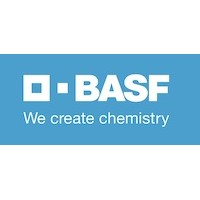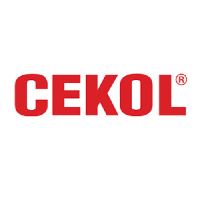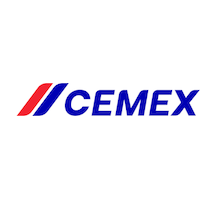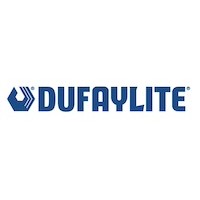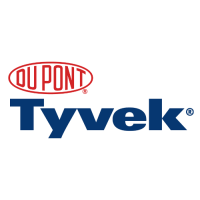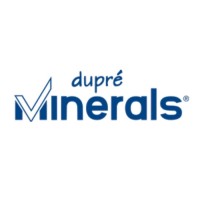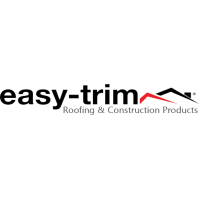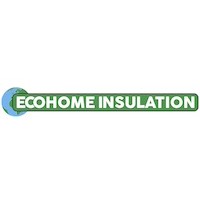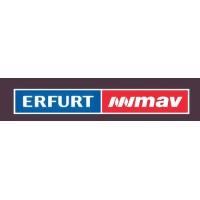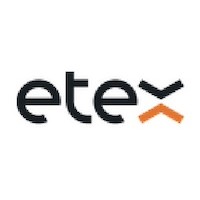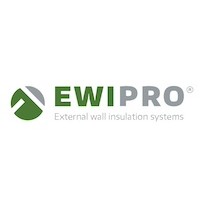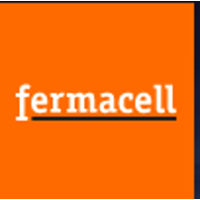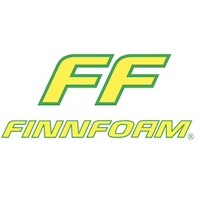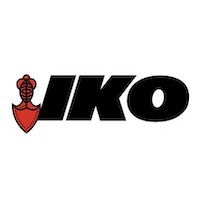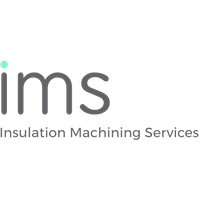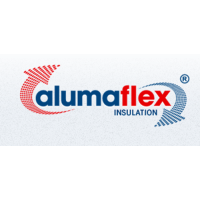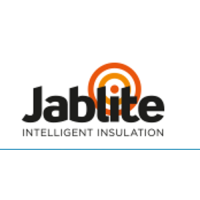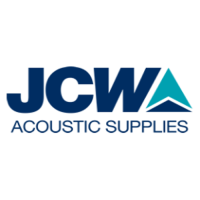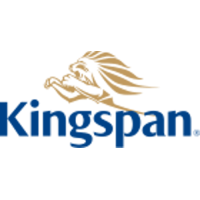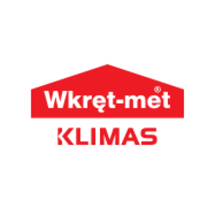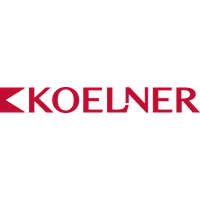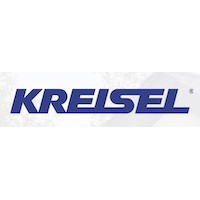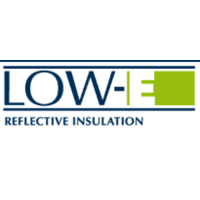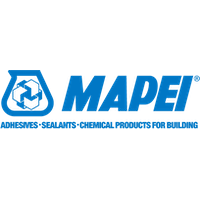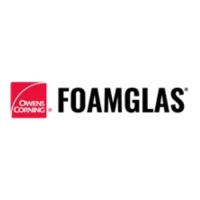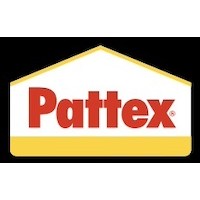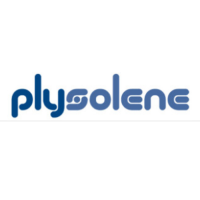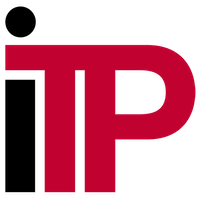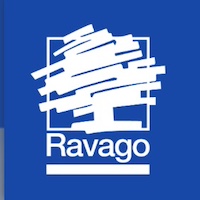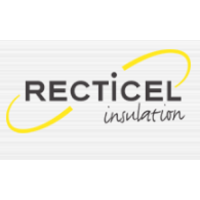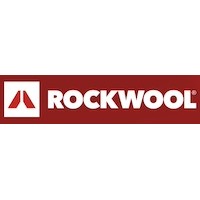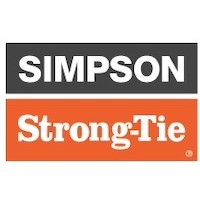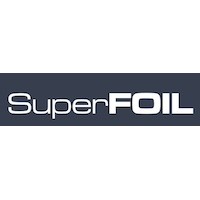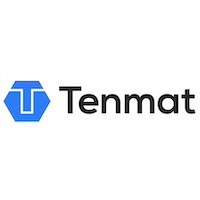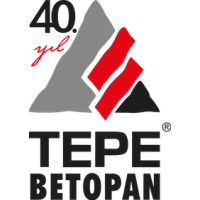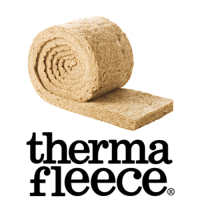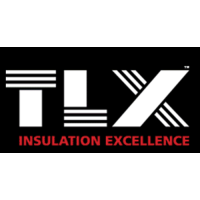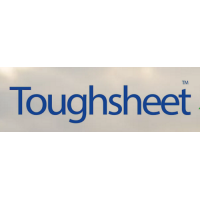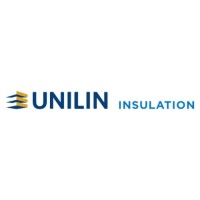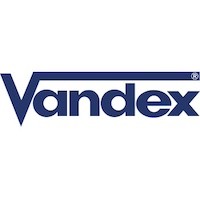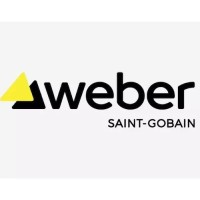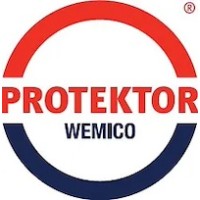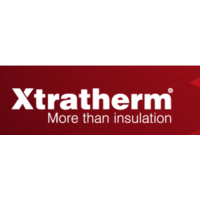How is ECO Supporting your Insulation Project


Energy Companies Obligation Guide
If you are willing to invest into your home insulation but just need some financial and organizational support, then UK Government subsidies is just the thing you are looking for. Well aware of the fuel poverty and increased CO2 emissions, the UK Government has developed a number of different schemes and programs that are designed to help you improve the energy efficiency of your home by implementing some of the most popular measure, including boiler replacements and loft and wall insulation. One of the most popular and most talked about program is most definitely the Green Deal, which has not given the expected results but has gone through some changes and improvement in the 2014, hoping to increase the population interest. Another scheme that is accompanying the Green Deal is the one that we will be discussing here at Insulation Shop. So, if you were wondering how ECO is supporting your insulation project, you have come to the right place.
What is ECO?
ECO actually stands for the Energy Companies Obligation established by the Department of Energy and Climate Change in the 2013, designed to be operational until 2015. The program runs alongside the Green Deal and its main purpose is to provide financial aid to the most vulnerable and poorest properties in the UK which are eligible for some energy efficiency measures available under the Green Deal. The scheme should provide financial assistance to the properties living in or at the risk of fuel poverty on one hand or the properties that are hard to treat (this particularly goes for solid or hard to access cavity wall insulation) on the other. It has substituted the previously established programs – the Carbon Emissions Reduction Target (CERT) and the Community Energy Saving Programme (CESP).

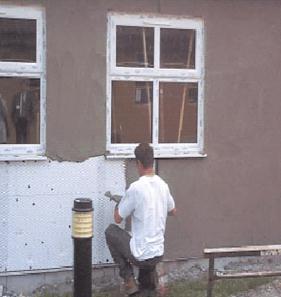
The general idea is to provide necessary funding by imposing an obligation to energy suppliers that should provide assets that are required to implement some of the measures available under the Green Deal, especially those measures that are more expensive and that will take more time to recover through energy savings without some additional funds invested. The program includes three specific obligations:
- Carbon Saving Community Obligation refers to installing insulation measure in areas of low income and makes sure that at least 15% of the obligation is used to finance household in rural areas;
- Affordable Warmth Obligation is another obligation developed under the Energy Companies Obligation scheme and is designed for introducing insulation and heating measures for especially people living cold properties, including the most vulnerable population such as disabled or elderly and
- Carbon Saving Obligation covers the probably most expensive measures including cavity and solid wall insulation which cannot be entirely funder by the Green Deal.

The Energy Companies Obligation scheme is available directly through the energy suppliers or by Green Deal providers. It is administrated and monitored by the Office for Gas and Electricity Markets (Ofgem), which is established to make sure that the energy suppliers will meet the set target until 2015. The suppliers are obliged to file regular reports to the Ofgem, as well as provide information on delivery costs so that the costs passed on to consumers can be monitored and controlled.
In order of being eligible to use the benefits under the ECO scheme, you need to either own a property or rent it when you will need the landlord’s permission to undertake to work. Apart from this your property needs to be located in an area that has been specified as particularly vulnerable or hard to treat, and finally for some available funding (such as the Pension, Child Tax or Work Tax credit), you also need to fulfil some additional conditions prescribed. Other valuable information is that, if you require assistance on any of the matter covered by the scheme, you can contact Energy Saving Advice Service which runs a telephone advice service on energy efficiency measures.
Need a quote on our budget friendly home insulation products? Send your enquiries or comments to info@insulationshop.co.

